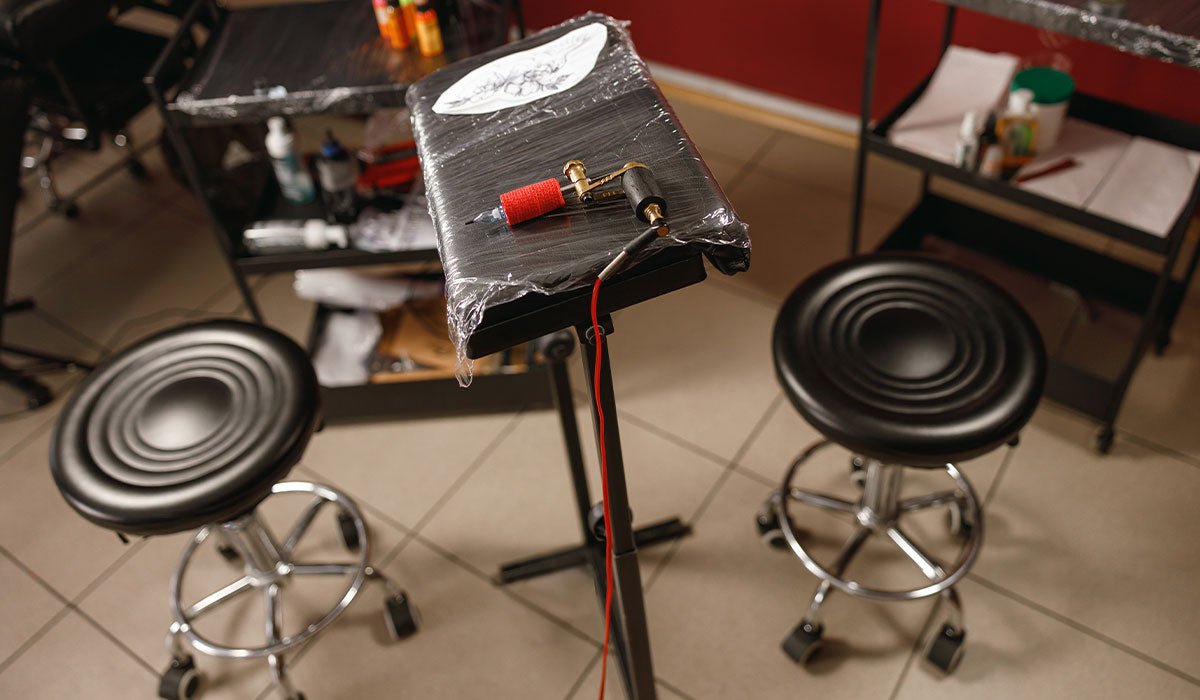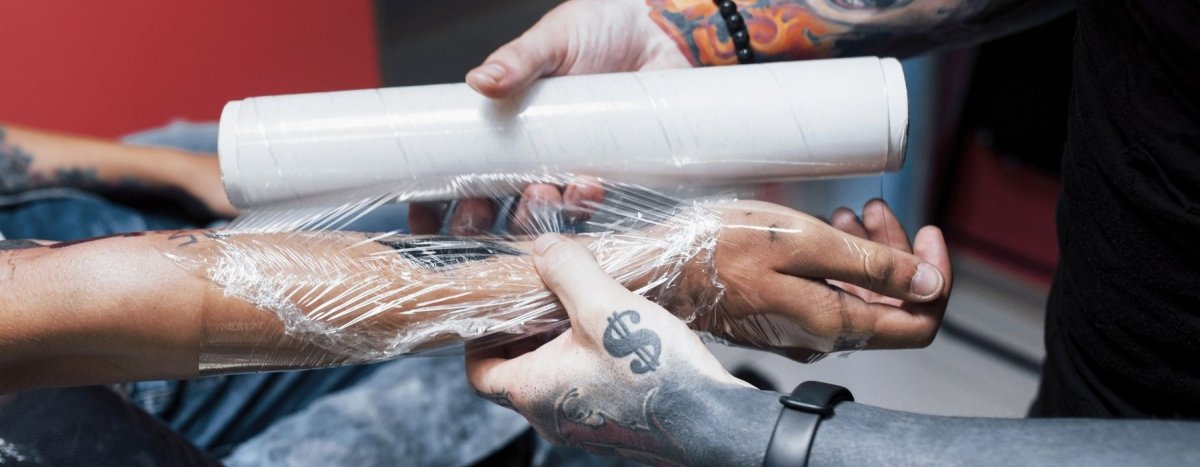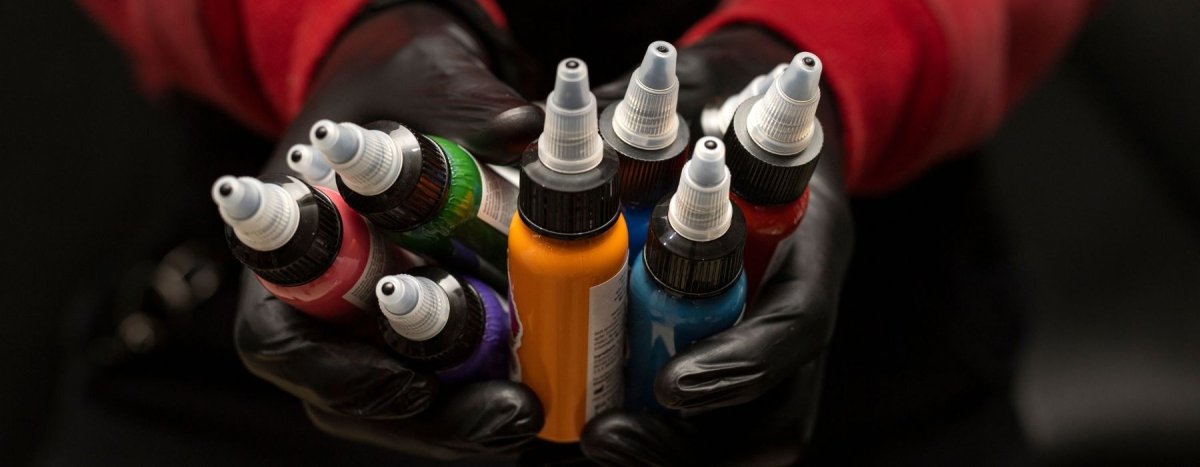Your cart is empty
Looks like you haven't added anything to your cart yet

Understanding the Legal Aspects of Tattooing in 2025
Tattooing laws have evolved in 2025. This comprehensive guide explains licensing, consent, insurance, and hygiene regulations every tattoo artist must follow.
In 2025, the tattoo world is booming like never before. Whether you’re a seasoned pro or just picking up your first machine, there’s no denying the industry’s explosive growth. But with that rise in popularity comes a new level of scrutiny. Laws are tightening, and staying on the right side of them isn’t optional, it's essential.
This guide lays out the key legal basics you need to know to keep your tattoo business compliant this year. From licenses and insurance to consent forms and zoning laws we’ve got you covered.
1. Tattoo Artist Licensing in 2025
What’s Changed?
Licensing rules vary by location, but most places now have tougher standards to make sure artists meet strict health and safety guidelines.
What You’ll Likely Need to Do:
-
Complete a certified apprenticeship (usually takes 1–2 years).
-
Pass a health and safety course, often focused on bloodborne pathogens.
-
Apply through your local health department.
-
Pay an application or renewal fee.
-
In some areas, pass a written tattoo exam.
Pro Tip:
Regulations change fast. Always check with your local health department or governing body to avoid fines or worse, getting banned.
2. Studio Certification & Health Inspections
Even if you are licensed, your studio needs to be too. Health departments are stepping up enforcement in 2025, and failing an inspection can shut you down on the spot.
What Studios Must Have:
-
Sterile workstations.
-
Medical-grade cleaning supplies.
-
Sharps containers for needle disposal.
-
Pest control and proper waste removal.
-
Good airflow and lighting.
Annual Inspections = Standard Practice
Many areas do surprise checks, so don’t wait to get compliant.
New to Studio Ownership?
Book a voluntary inspection before opening. It shows you’re serious about safety and can prevent problems later.
3. Client Consent & Legal Age
Minimum Age to Tattoo:
-
Most places say 18+ only.
-
Some allow 16–17 with a parent’s consent and presence.
Consent Forms Should Cover:
-
What the client’s getting done.
-
Health risks and possible side effects.
-
Aftercare steps.
-
Confirmation of age and sobriety.
Going Digital:
E-signatures and scanned IDs are becoming the norm. They're easier to track and harder to dispute in court.
4. Must-Have Insurance in 2025
Tattooing isn’t just an art it’s a business. And businesses need insurance.
Types You Should Seriously Consider:
-
Public Liability: Covers injury or damage claims.
-
Professional Liability (Malpractice): Covers legal costs if a client claims you messed up.
-
Equipment Insurance: Protects your tools from theft or damage.
-
Business Interruption: Helps you financially if forced to close due to health or legal issues.
In many major cities, insurance is now required to get (or keep) your license.
5. Hygiene & Sanitation Rules
Post-pandemic, hygiene laws are tighter than ever.
What’s Non-Negotiable:
-
Use single-use needles and gloves.
-
Sterilize reusable tools in an autoclave.
-
Wipe surfaces with medical-grade disinfectants.
-
Have clearly marked handwashing stations.
New Trend:
Studios in some regions must post visible hygiene scores like restaurants do.
Break the Rules? Here’s What Could Happen:
-
Instant shutdown.
-
Fines from $1,000 to $25,000.
-
Even permanent loss of your license.
6. Zoning & Location Laws
Want to open a studio? Not so fast.
Common Restrictions:
-
Can’t open within 500 feet of schools or churches.
-
Home studios may need separate permits.
-
Some residential or historic zones are off-limits entirely.
Before Signing a Lease:
Get written confirmation from your city’s zoning board. Seriously, it could save you a ton of legal trouble later.
7. The Medical Side of Tattooing
In 2025, the line between tattoos and medical procedures is getting blurry.
Here’s What’s Regulated:
-
Medical tattoos, like post-surgery nipple restoration, might need a doctor’s oversight.
-
Permanent Makeup (PMU) and micropigmentation often fall under different laws.
-
Some areas now require medical certifications to perform these services.
Bottom Line:
If your tattoo work crosses into medical territory, make sure you’re legally allowed to do it.
8. Social Media & Client Privacy
Sharing your work online is great for business but don’t skip the legal part.
Get Written Consent Before Posting
Even if your client says “sure” in person, that’s not enough.
-
Add a photo/video release to your consent form.
-
Let people opt out.
-
If someone didn’t give consent, blur or crop their face.
Why Bother?
Skipping this step could get you sued for violating privacy laws.
9. Legal Supply Sourcing
Not all ink and machines are created equal.
Importing in 2025? Here's What You Need to Know:
-
Ink must be certified non-toxic and sterile.
-
Machines need to pass electrical safety tests, especially if imported.
-
Customs can (and do) seize unapproved gear.
Tip:
Buy only from verified, reputable suppliers especially if you’re in the U.S., U.K., EU, Canada, or Australia.
10. Breaking the Rules = Big Trouble
The risks of ignoring tattoo laws are real and expensive.
What You Could Face:
-
Fines up to $50,000.
-
Temporary or permanent studio shutdown.
-
Civil lawsuits from unhappy clients.
-
Criminal charges in serious cases (like tattooing minors or spreading infections).
How to Protect Yourself:
-
Stay current with your local laws.
-
Join a tattoo artist association for updates.
-
Do annual legal and health checkups.
Final Thoughts
Tattooing in 2025 isn’t just about talent it’s about trust, safety, and professionalism. Knowing the law helps you protect your business, your clients, and your career.
Whether you're fresh out of apprenticeship or running a high-volume studio, staying legal isn’t optional it’s your foundation for long-term success.
Featured Blogs
- Choosing a selection results in a full page refresh.















